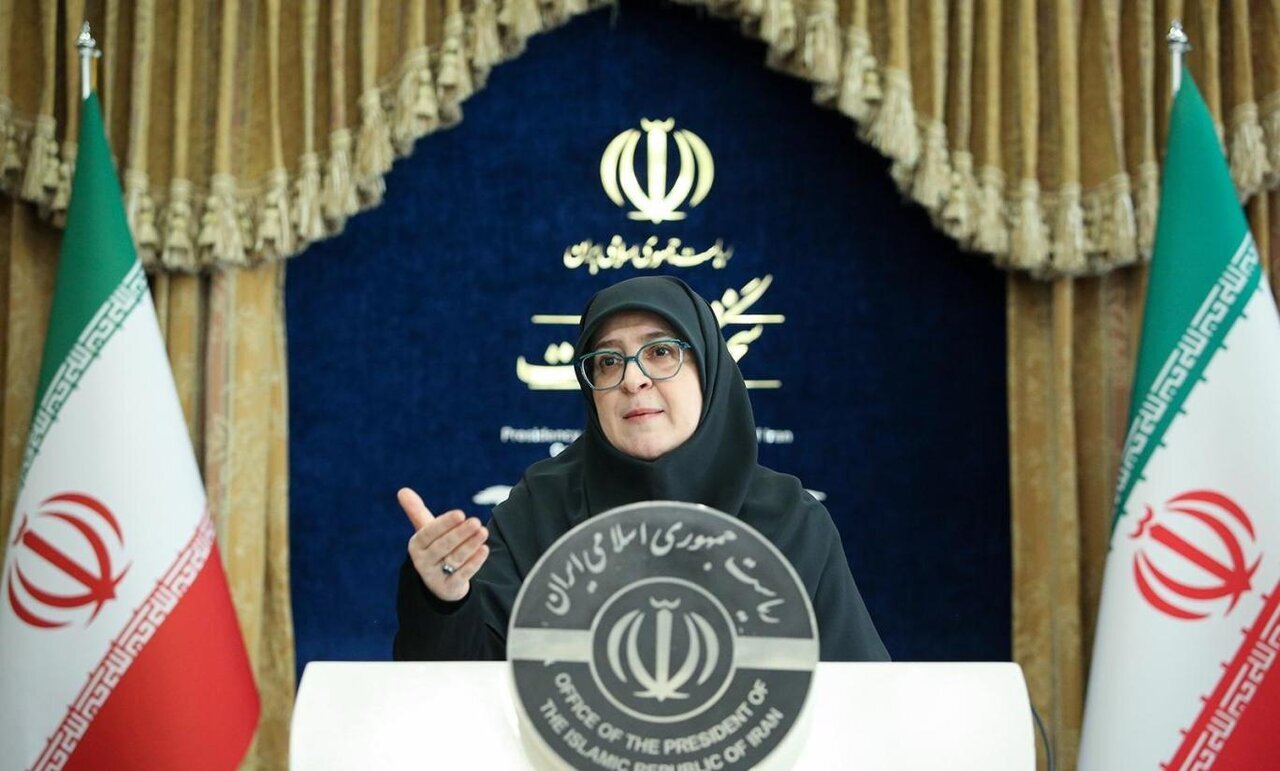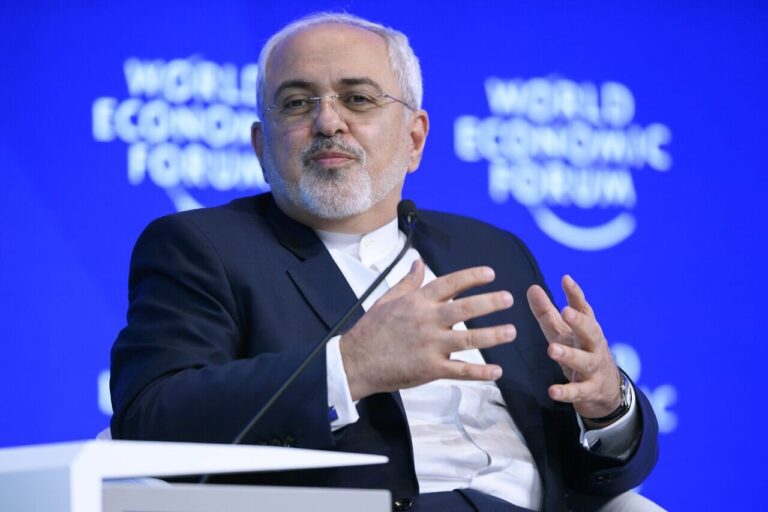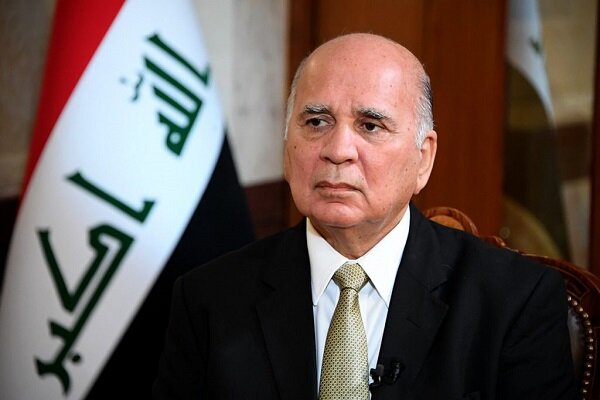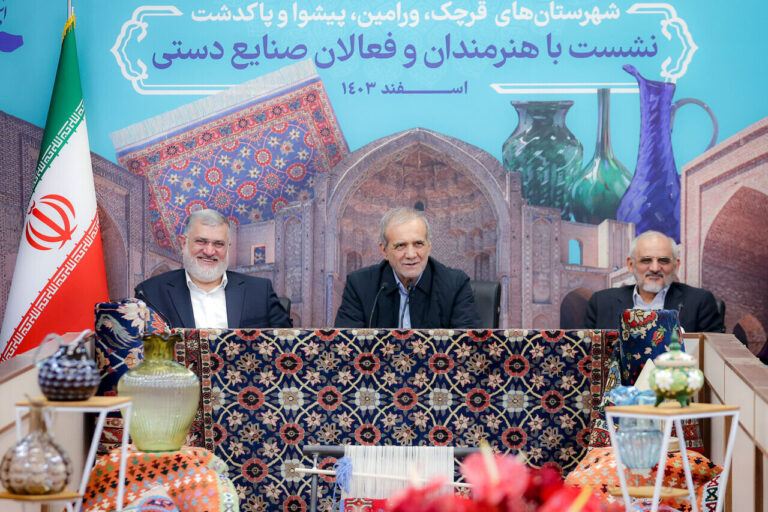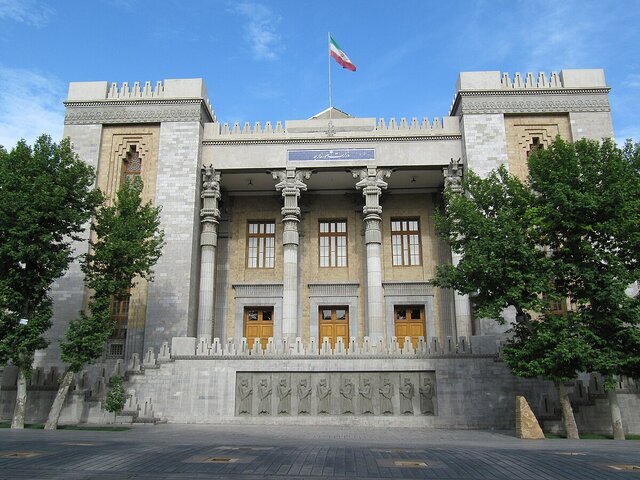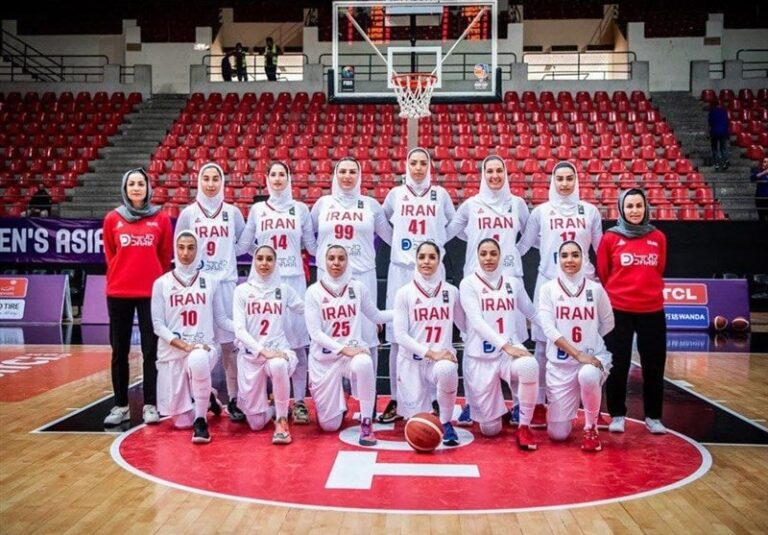Iran Confirms Indirect Talks with the US: Key Discussions on the Agenda
In a significant development regarding diplomatic relations, Iran has officially responded to a letter from the United States. Fatemeh Mohajerani, the spokesperson for the Iranian government, made this announcement on Platform X, revealing that the nation is navigating through indirect negotiations with the US.
On Friday, Iranian Foreign Minister Abbas Araghchi confirmed that the Islamic Republic had sent its response to a letter from US President Donald Trump via Oman. This communication is crucial as it highlights Iran’s stance on the ongoing tensions and its approach to diplomacy.
The correspondence from Iran is not merely a formality; it includes a comprehensive letter that addresses the specific points raised by President Trump. Here are some key aspects of the situation:
- Indirect Negotiations: Iran is open to continuing indirect negotiations with the United States, despite the current climate of tension.
- Response Details: The letter sent by Iran outlines its position regarding the recent developments and the issues raised by the US President.
- Firm Policy: Iran maintains a clear stance against engaging in direct negotiations while under pressure and military threats from the US.
Araghchi emphasized that while direct talks are not being considered at this time, the possibility of indirect negotiations remains viable, mirroring the diplomatic efforts seen under past administrations. This approach signifies Iran’s commitment to resolving issues through dialogue rather than escalation.
The backdrop of this communication includes a history of strained relations between the two nations, marked by sanctions and military posturing. Iran’s decision to engage indirectly could be seen as a strategic move to ease tensions while safeguarding its national interests.
In light of these developments, analysts are closely monitoring the situation to see how this diplomatic overture will impact future relations between Iran and the United States. The potential for dialogue could open pathways for addressing longstanding grievances and enhancing regional stability.
Moreover, the importance of maintaining diplomatic channels cannot be understated. As both countries navigate through complex geopolitical landscapes, the ability to communicate indirectly may prove essential in mitigating conflicts and fostering understanding.
In summary, the recent announcement by Iran regarding its response to the US letter marks a notable step in the ongoing diplomatic efforts between the two nations. With the Iranian government signaling its willingness to engage in indirect negotiations, there is cautious optimism for potential progress in resolving critical issues that have long defined US-Iran relations.
As this situation unfolds, it is crucial for both sides to approach these discussions with a focus on constructive dialogue and mutual respect. The path forward may be fraught with challenges, but the commitment to engage in negotiations could pave the way for improved relations and a more stable future in the region.
